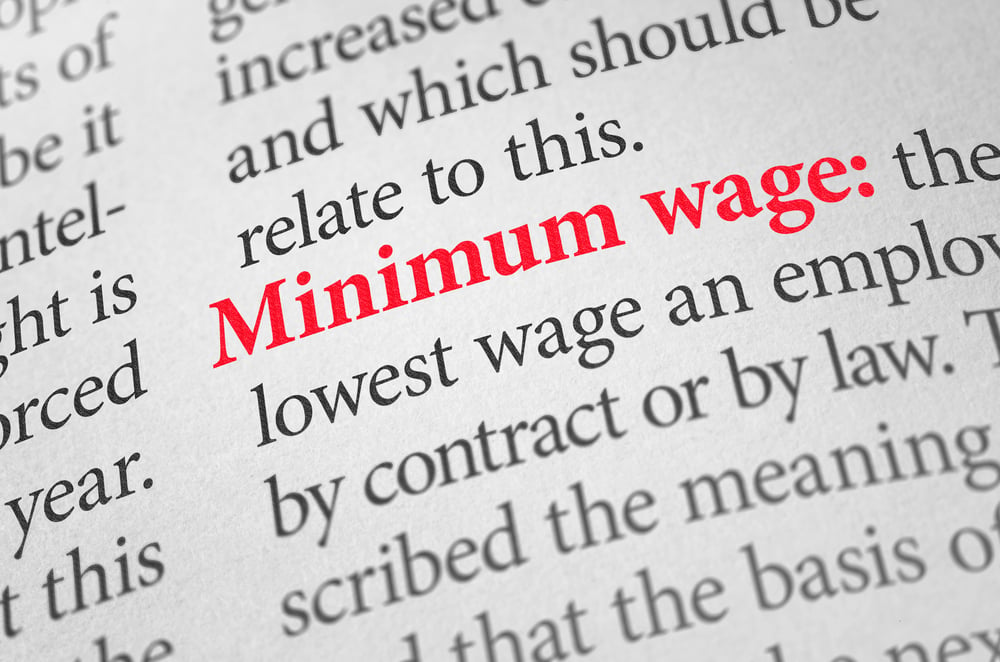Mexican reforms are already beginning to positively impact the international investing community, giving companies in the U.S. further incentives to build a maquiladora in Mexico. The reforms are also benefiting ordinary Mexican citizens as more competition in the private sector could mean higher rates of employment. By breaking up monopolies, competition goes up, prices for services are reduced and there is higher employment.
For example, the Federal Electricity Commission previously held a state monopoly on electricity production, but this has been overturned, according to The Economist, so that individuals can make money by generating electricity they make via green methods like water turbines or solar energy and then selling it to the power grid. This is also true for state-owned Pemex, which previously controlled the oil and gas industry. Its monopoly on gas is over, and now companies are beginning to build natural gas pipelines in order to capitalize on the production of future fracking sites that are being sold to foreign investors. The number of pipeline projects that have been announced total $2.2 billion in value for infrastructure.
Ending telecom monopolies to promote economic growth
The most current innovations happening to Mexico's political and economic landscape include laws being made that oppose monopolies like America Movil, owned by Carlos Slim, one of the richest men in the world. Recently, according to Mobile World Live, Telecom firm America Movil has announced that it will reduce its national market share below 50 percent by selling much of its assets. Currently America Movil owns 70 percent of the mobile market through its Telcel subsidy. It also owns 80 percent of the fixed-line market through Telmex.
The reduction in its footprint on the mobile and landline markets is due to the Mexican Congress's debates over whether to approve a law that would give the government the ability to break up major monopolies that have a stranglehold on certain industries, according to Mobile World Live.
America Movil said in a statement that may have been intended to criticize the government decision to go after monopolies, it is selling its market share "to overcome the obstacle of the insufficient investment made by our Mexican competitors," according to Mobile World Live.
According to Reuters, the Mexican government was greatly pleased by the decision.
"The Transport and Communications Ministry declares that this decision could transform competition in the telecommunications sector with improved quality and better prices for services to end users," said the ministry in a statement, Reuters reported.
Some experts on the matter believe Slim may be using the monopoly laws, which would have forced him to split up his company anyway, to capitalize on markets he hasn't entered yet, such as pay TV. However, this remains to be seen. America Movil has already had to reduce the prices it charges for its services because of the new regulations.
Mexico a manufacturing powerhouse
The Economist calls Mexico a major country for manufacturing. It makes nearly one-fourth of the vehicles that that are imported into the U.S. Additionally, automotive companies are consistently moving to Mexico to build there. For example, BMW, Daimler and Nissan have all moved to Mexico or are moving to Mexico in the near future.
With electricity prices forecast to decline in the future, it will be even more cost-effective to construct a factory in Mexico and begin producing goods for export.
"With cheap energy, Mexico will be unstoppable," said Luis de la Calle, a pro-reform economist, according to The Economist.
Mexico's current status as a major site for manufacturing is due in no small part to Mexican President Enrique Peña Nieto's major push for reforms. The politics in Mexico are currently such that he is able to move things through Congress without much resistance, allowing for major changes to happen quickly.
Subscribe
Sign up and stay informed with tips, updates, and best practices for manufacturing in Mexico.





